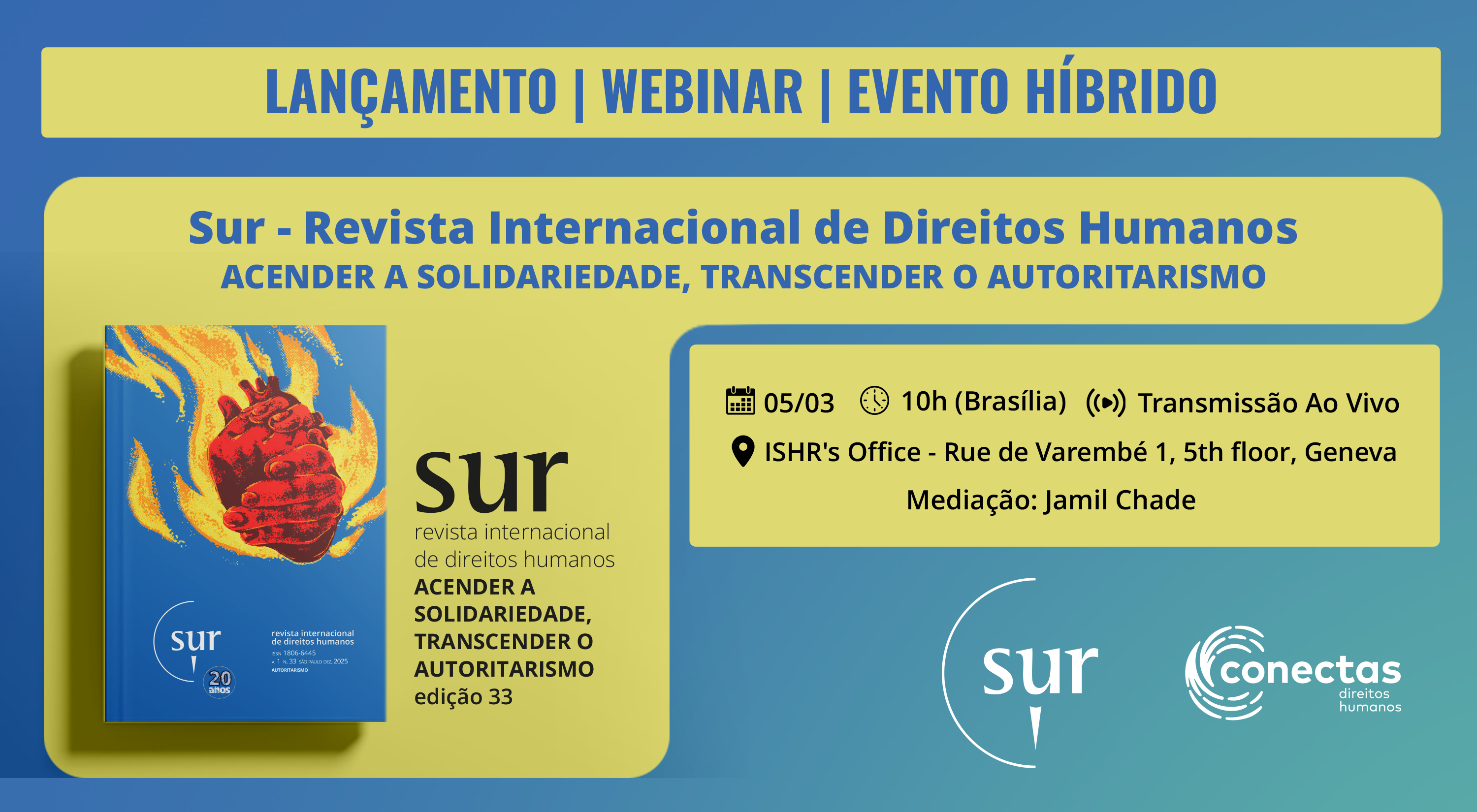Education denied
In São Paulo, only 5,7% of prisoners study. Brazil breaches the law and denies schooling to thousands of detainees
12/09/2013
Despite the fact that prisoner rehabilitation is one of the most effective tools against recidivism (currently at around 60%, according to UNICEF), state governments consistently deny the prison population access to education – in breach of the Federal Constitution and various international treaties. In São Paulo, the state that holds 35% of Brazil’s prisoners, just 5.7% attend classes, according to data from December 2012 from the Ministry of Justice.
The lack of provision of education contrasts with the potential demand: 56% of inmates did not complete their primary schooling. In Brazil, according to the Ministry of Justice, the rate of engagement by prisoners in educational activities is just 8.6%.
Leia mais
The shortcomings of the programs and projects to rectify this situation will be debated on December 11, in São Paulo. The seminar, organized by Conectas and partner organizations, will be held in the auditorium of the NGO Ação Educativa (Rua General Jardim, 660) from 9 am to 6 pm. Guest speakers include the public defender Patrick Caicedo, coordinator of the Prison System Specialization Unit, and prison sentence enforcement judge Luis Carlos Valois. Registration is not necessary to attend the event.
Another point to be debated at the seminar, besides the lack of prison places, will be the application of Law 12,433 of 2011 that permits the remission of sentences for prisoners who study, just like what already happens for prisoners who work. The law establishes that, for every three days spent in educational activities, one day will be knocked off the sentence. Another topic of discussion will be the quality of the education offered and the educational policy adopted by the State.
In January 2013, the São Paulo state government adjusted to the Resolution of the National Education Council that makes state government education departments – and not prison administration departments – responsible for providing education services in prisons. São Paulo was the last state in Brazil to adapt to the rule. Previously, this job was done by the Prisoner Support Foundation (FUNAP), a public body linked to the prison administration department. For years, the foundation had been substituting teachers for prisoners without training or experience who worked as “monitors”. This year was the first, therefore, in which prisoners in São Paulo had classes with trained teachers from the public education system.
The obstacles have remained, despite the advances. At many prisons, for example, classes are given in the mornings or afternoons, preventing the participation of prisoners who also work. Conectas and the other members of the Working Group in Defense of the Right to Education in Prisons filed a lawsuit in April of 2012 to guarantee evening classes for prisoners at the Sant’ana Women’s Penitentiary. The case is currently still pending in the 1st Public Finance Court of São Paulo.
What the law says
The Federal Constitution of 1988, in article 205, prohibits discrimination in the provision of education and specifically mentions the case of people in detention. In international law, the matter is also addressed in the Standard Minimum Rules for the Treatment of Prisoners (1957), the United Nations Standard Minimum Rules for the Administration of Juvenile Justice (1985) and the Basic Principles for the Treatment of Prisoners (1990).
In this last instrument, the UN General Assembly was emphatic in establishing, in the sixth principle, that “all prisoners shall have the right to take part in cultural activities and education aimed at the full development of the human personality”.






